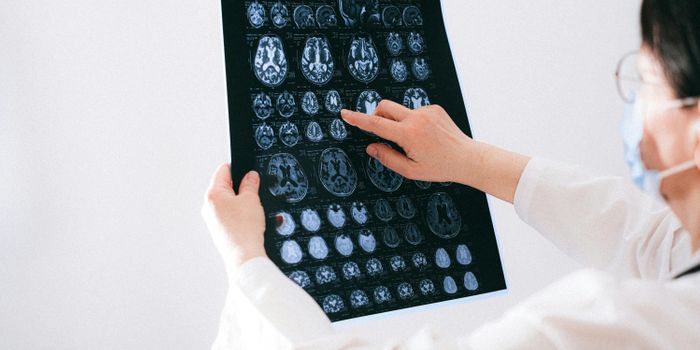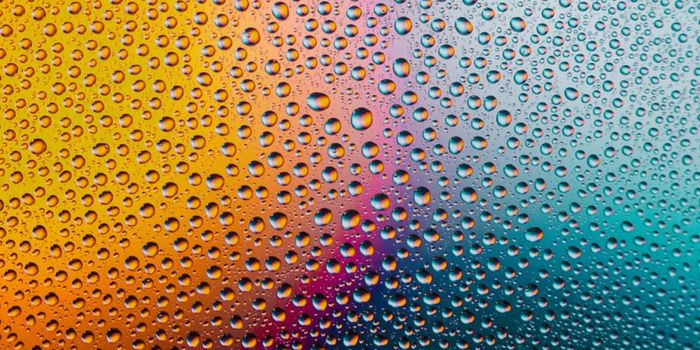Can Nerve Stimulation Treat Depression?
Depression is a significant mental health disorder that thousands of people suffer from on a daily basis. According to the CDC, the prevalence of depression in adults over the age of 20, is around 8.1%. Depression, for the purposes of CDC statistics, is feelings of sadness, despair or hopelessness that last more than two weeks.
That percentage translates to approximately 14 million Americans with clinical depression. Of those, two-thirds aren't helped by the first antidepressant drug they try, and nearly one-third do not find relief with subsequent medications. Whether they are tricyclic antidepressants, SSRIs or mood elevating drugs, finding just the right combination of drugs and therapy is complicated. Since depression is often a co-morbid condition with other disorders, it's imperative that patients find a way to relieve their symptoms and live a productive and happy life. Doing so, however, is difficult.
A new study from the Washington University School of Medicine in St. Louis investigated the uses of vagus nerve stimulation for the treatment of depression, and the results did show some success. While many patients did not have complete remission of their symptoms, many reported increased feelings of well-being and a better quality of life. The study cohort was comprised of 600 patients with depression that had failed to improve even after trying four or more antidepressants. The vagus nerve begins in the brain and passes thru the neck, chest, and trunk of the body. Stimulating this nerve can cause a variety of mental reactions, so scientists wanted to see if it could play a part in alleviating symptoms of depression.
The FDA approved vagus nerve stimulation for medication-resistant depression in 2005, but all the evaluations of its efficacy focused on symptom relief and did not assess quality of life. The team at Washington U. wanted to look at how patients viewed their quality of life since no other research looked at general well-being.
Dr. Charles R. Conway, MD, is a Washington University professor of psychiatry and the principal investigator on the work. He explained, "When evaluating patients with treatment-resistant depression, we need to focus more on their overall well-being. A lot of patients are on as many as three, four or five antidepressant medications, and they are just barely getting by. But when you add a vagus nerve stimulator, it really can make a big difference in people's everyday lives."
The study looked at patients who tried vagus nerve stimulation and compared them to patients who had tried a combination of "treatment as usual" which included medication, talk therapy, transcranial magnetic stimulation, ECT or some combination of a few of these options. There were slightly more than 300 patients who had vagus nerve stimulator devices implanted and who also took medication. They were compared with nearly 275 patients who were on treatment as usual regimens. The researchers assessed quality of life in 14 different categories.
Dr. Conway explained the response some of the patients who used the stimulator had, stating, "On about 10 of the 14 measures, those with vagus nerve stimulators did better. For a person to be considered to have responded to depression therapy, he or she needs to experience a 50 percent decline in his or her standard depression score. But we noticed, anecdotally, that some patients with stimulators reported they were feeling much better even though their scores were only dropping 34 to 40 percent."
Depression isn't the first malady to doctors have tried to use a vagus nerve stimulator to treat, however. It was investigated for patients who had treatment-resistant epileptic seizures and approved in 1997, but patients who had epilepsy reported that some of their symptoms of depression (which is often co-morbid with epilepsy) improved after using the device. The device is implanted under the skin, much like a pacemaker and patients report that it's not painful and does not interfere with activities of daily living.
Patients who used the device reported better quality of life in areas like mood, ability to work, social relationships, family relationships, and leisure activities. They also said their ability to concentrate was improved and that is one area that depressed patients find problematic. With this benefit, patients are less anxious and more able to participate in activities that make them feel more satisfied with their lives. Check out the video below to learn more about this possible treatmeant for depression.
Sources: Journal of Clinical Psychiatry Washington University School of Medicine, CDC









